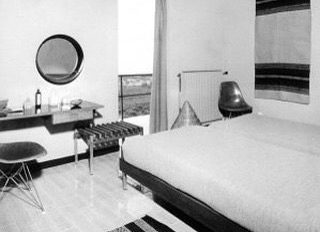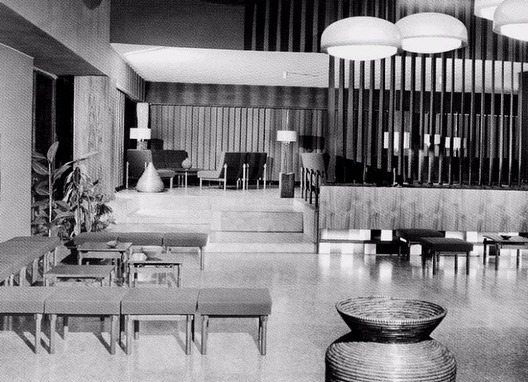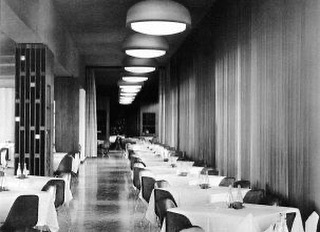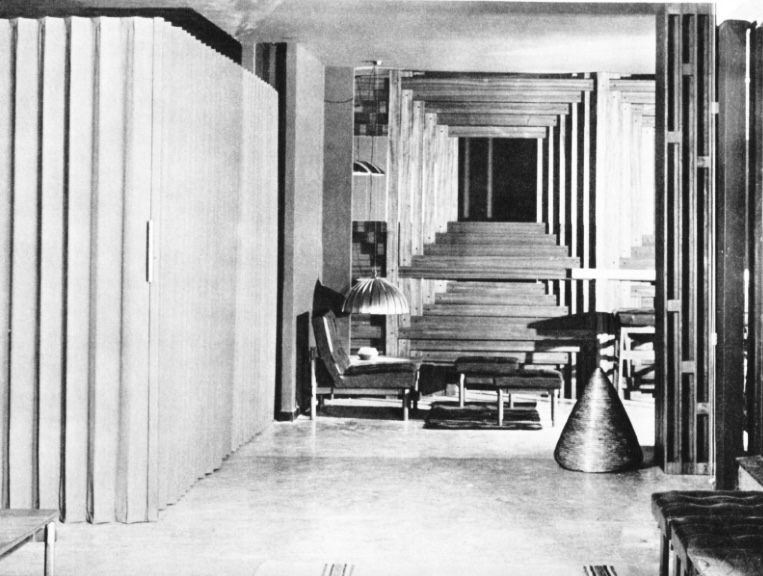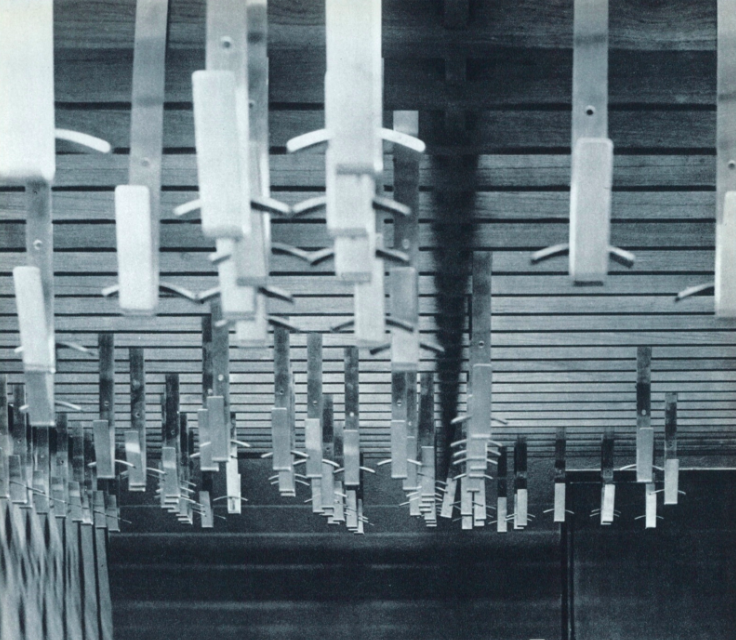Pontinental
Pineta
Beach Hotel
by Sara Nieddu
26 April 2023
The dreamy Mediterranean escape tailored for the English upper class by Joe C. Colombo
With its picturesque location between Porto Torres and Sorso, in the Gulf of Asinara, the Hotel Pontinental was skillfully designed by architects Baldi and De Luigi of Florence, surrounded by a lush pine forest. The hotel, established in 1962 by Sir Fred Pontin, a British businessman, was the inaugural international destination for the renowned hotel brand and one of the earliest beachfront resorts constructed in the northern part of the island. The hotel was specifically created to cater to the needs of the English middle class, complete with a beach, swimming pool, disco, miniature golf, and tennis court. The building's three storeys could comfortably house three hundred guests.
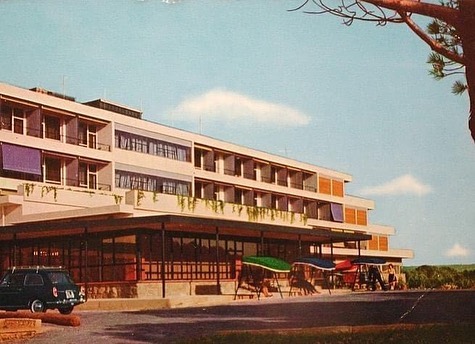

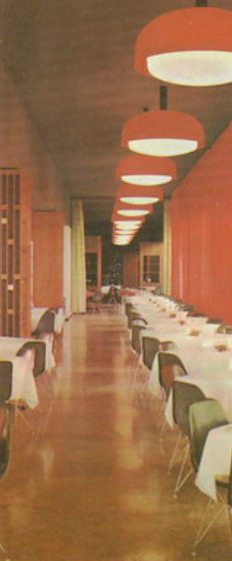
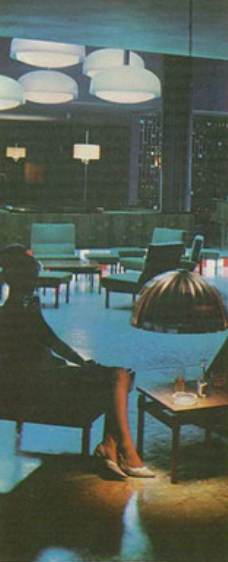
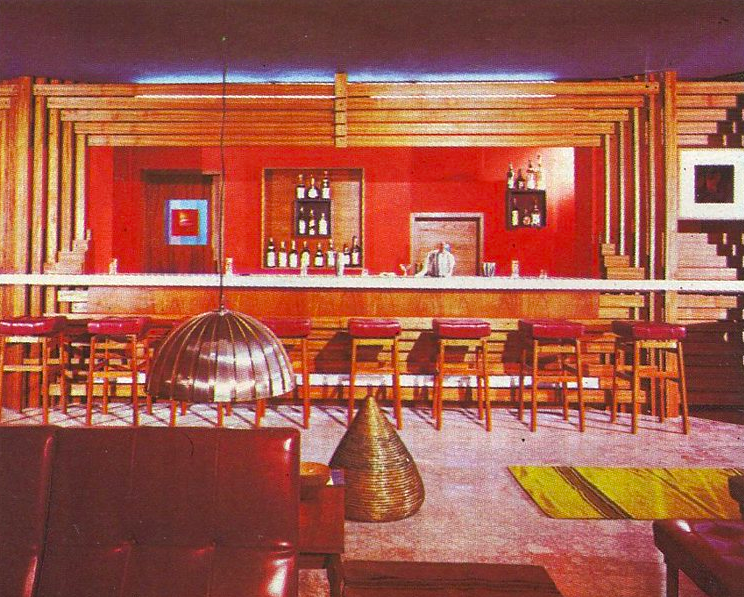
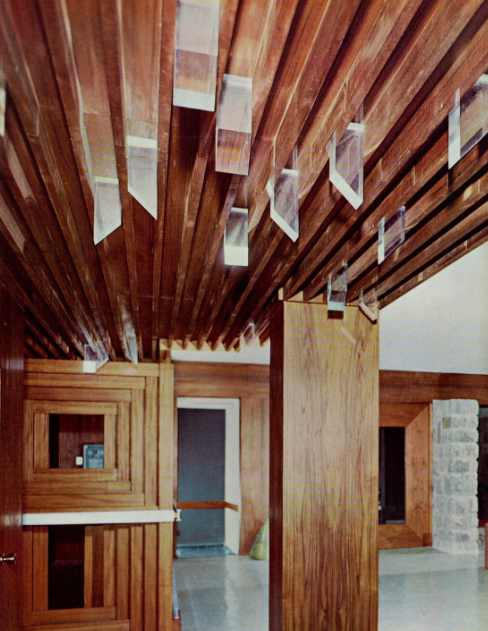
The interiors were entrusted to up-and-coming designer Joe C. Colombo, who had previously been honored at the 1963 Milan Triennale for his innovative MiniKitchen on wheels, which quickly gained recognition for its forward-thinking design.
The Milanese architect's furniture, which received the prestigious INARCH accolade, is distinguished by its modern and versatile features. Crafted in Lombardy, the pieces can be conveniently sectioned for transport and reassembled at the hotel.The planks and panels are composed of wooden spars that have been securely fastened together without any visible joints. 'Every piece of furniture in the rooms, from the beds and dressing tables to the shelves and benches, has been completely disassembled.' In addition, the unique design of incorporating a real railway track as a handrail and support for the shelves and bedside tables adds a creative touch to the rooms.
The material used is Indian teak and stainless steel, an excellent ally to resist the saltiness of the sea wind. While the hall's ceiling is made of wooden strips, it also features Plexiglas parallelepipeds that resemble ice crystals and serve as conductors of light, creating an impressive luminous impact.
